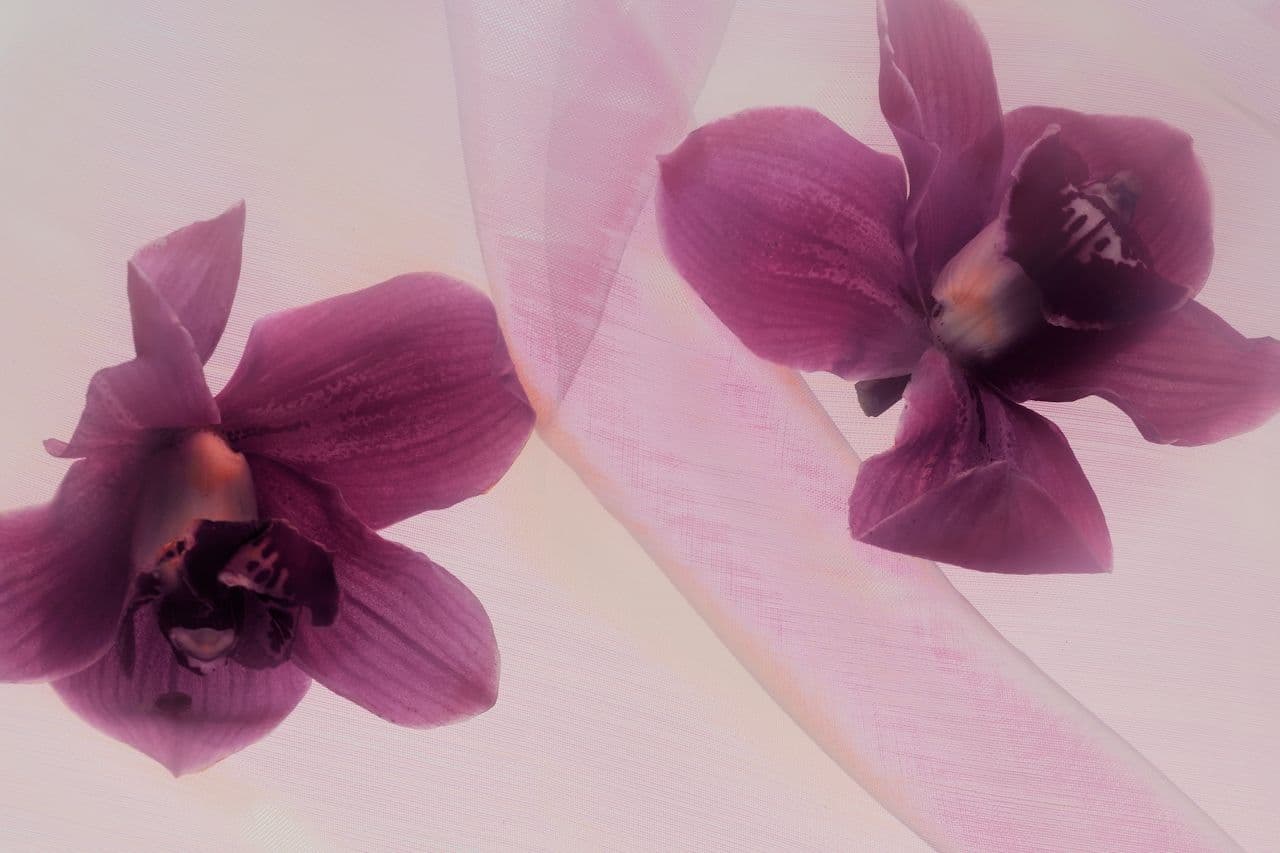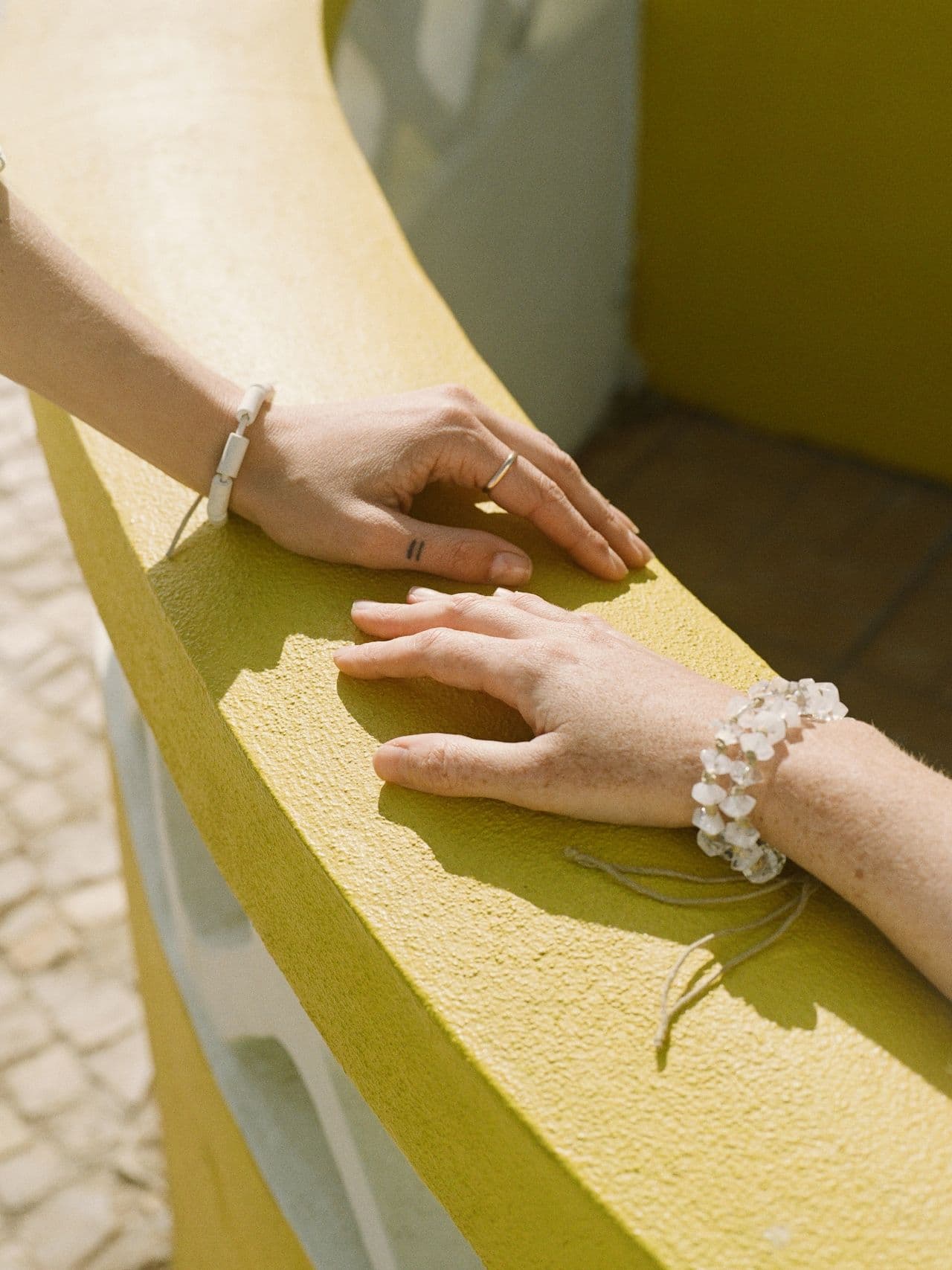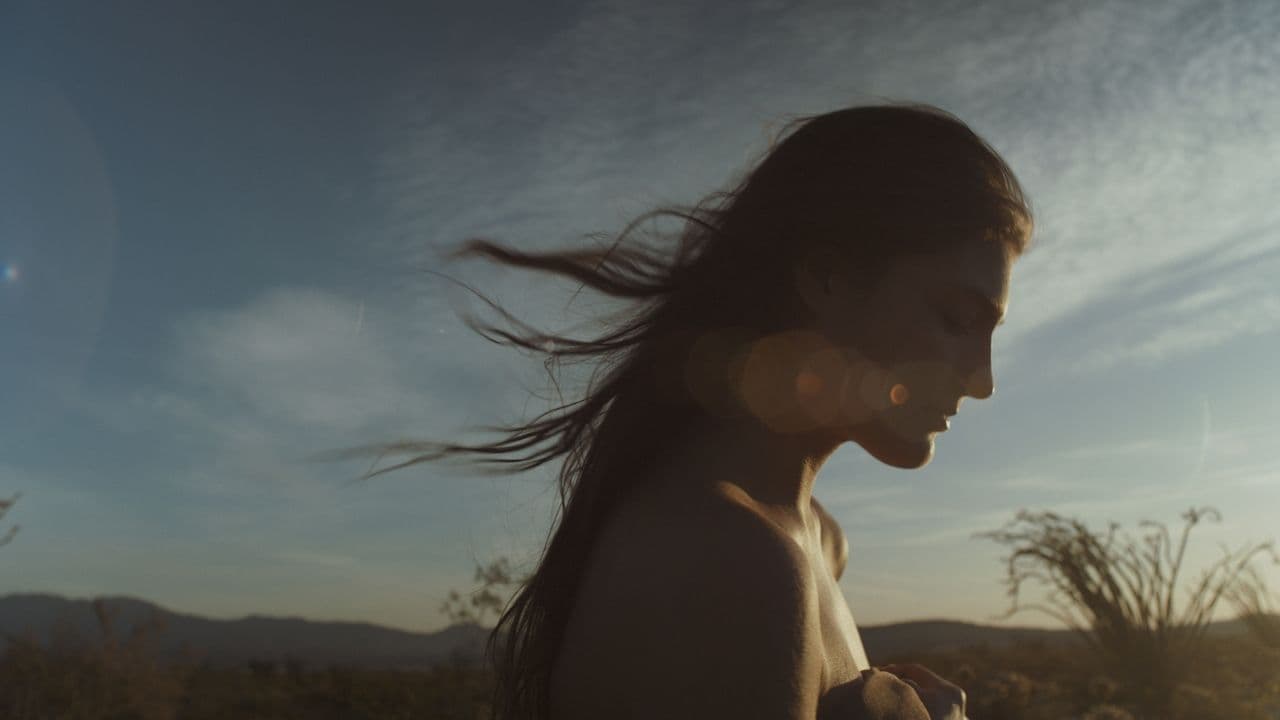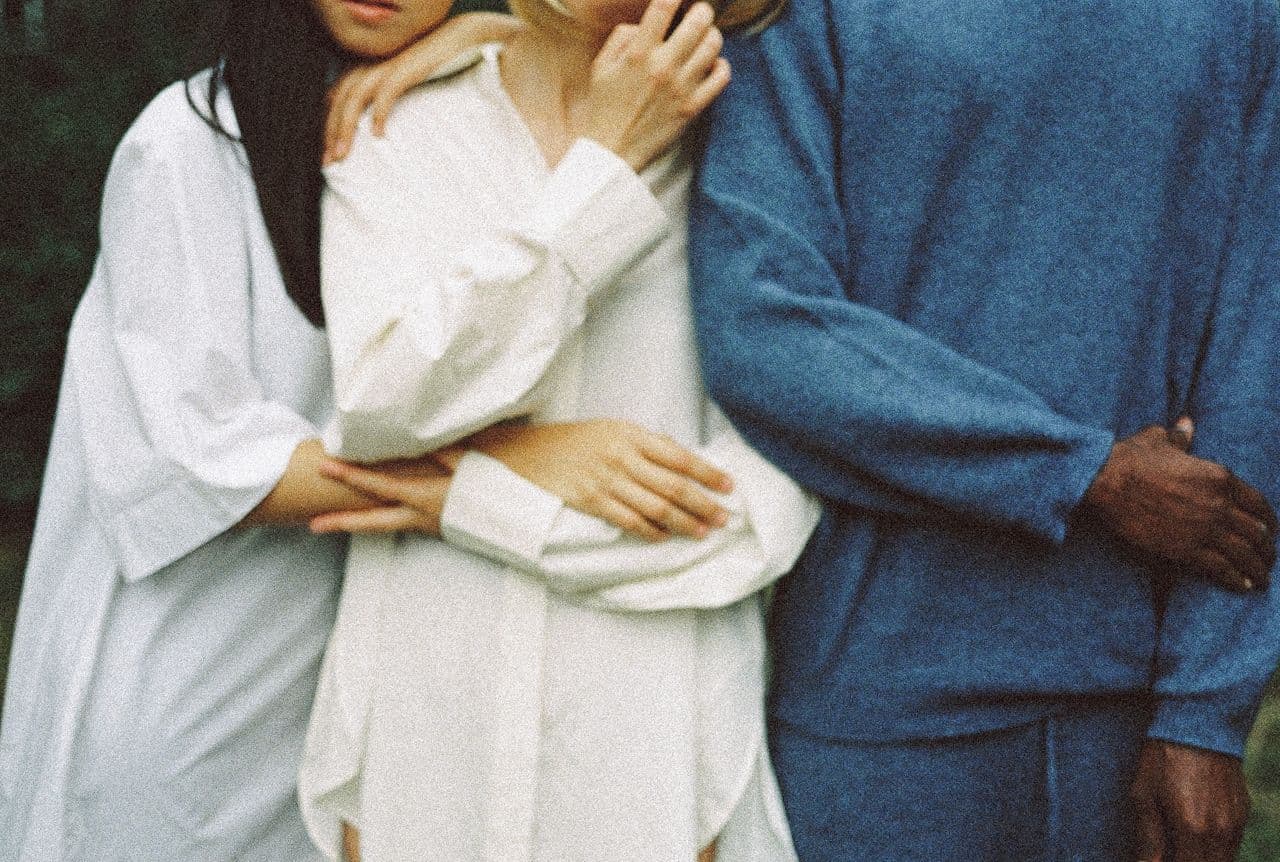Cancer changes how your body looks; treatment changes how your body looks; and this entire process can really mess with your mind. Some of these physical changes are temporary (hair loss), some are dramatic (removal of a body part), and some are fully in our heads (looking at ourselves, wondering if something has secretly recurred before our scans).
“It's important to recognize that body image issues exist,” says Dr. Kristen Carpenter, the director of women’s behavioral health at The Ohio State University. “One of the primary things that patients are talking about in my office is that they feel aged by this experience—regardless of what treatments they receive, regardless of anything else—because they just don't feel healthy or energetic in the ways that they did,” she says. “Everything is a little bit harder.”
From missing your former form, to modeling confidence to young children, to feeling worn down at 24, below, ten women discuss their shifting body image during and after cancer.
Dark Humor and Ignored Assurances
Noell Caldwell, triple negative breast cancer at 27
I'm gonna preface this: you've got to have a sick sense of humor when you go through something traumatic, right? So I was like, Oh, I have cancer. I'm gonna get skinny. This is gonna be good.
That did not happen because of the [induced menopause from hormone treatment] and the steroids. I put on almost 30 pounds and that was really hard to see. I didn't have the energy to go to the gym like I used to. I had an appetite, but only for certain things, and typically those things were sugary, high carb crap. Along with being bald, now I'm not fitting in any of my clothes. It's summertime when I'm in treatment, and I couldn't even look at myself in the mirror.
My husband did a good job at trying to make me still feel beautiful. But other people can only say and do so much. My mind is saying, Nope, I don't believe a word that you say. So that was hard. It may sound vain, but [gaining weight and losing hair] was the hardest part for me.
I would keep trying to remind myself: Hey, you have cancer. You're beating it. You're fighting it. This is what your body has to look like to do that right now.
Body image is still tough because of the boobs that are not mine and because I don't love them. But thankfully, there are more surgeries that could be had, and we can fix them. I’m definitely at a better place, I think, especially now that I did beat it. I just feel unstoppable. When I'm in the gym and I'm like, I really don't want to do this, then I’m like, but you know what, I beat cancer, and nothing can be harder than that. So whatever you think this is, don't be a bitch, you can do it.
The Need to See ‘Health’ in the Mirror; and the Patience It Takes
Sandra Wang, ovarian cancer diagnosis in her early 40s, and a mentor to patients with gynecological cancers at Mount Sinai in New York
I was diagnosed when I was in my early 40s and prior to that, I was actually pretty fit, because both my kids played tennis competitively. As a family, we were very health-conscious, we worked out, blah, blah, blah. You take pride in your physical appearance. I looked pretty youthful. And then surgery and chemo hit. With chemo, I was so bloated because it makes your body retain water. I felt like a Thanksgiving balloon! That was how bloated I was. My eyes didn't recognize me anymore. I was completely disfigured, I'm not joking. I had steroids so I had moon face, moon neck. For the longest time, I did not want to look into the mirror.
Right after everything, chemo treatments ended, I quickly wanted to get back to the gym, but the body couldn't catch up. To me: it’s not so much about looking pretty again, it's more that I wanted to look like my old self—because this balloon moon face means cancer face. So when I see that, it reminds me of being sick. So if I can look like myself again, that means I'm healthy again. Subconsciously, it’s that.
I think one thing I learned and one thing I tell my mentees: Give your body a little time. It’s like if a city's bombed out and buildings came down: it takes time to rebuild. If everything's knocked down, you're not going to wake up the next day and say, Hey, I got my 104 buildings up again. It's gonna take time to build one floor at a time. This has proven to be true. A lot of people think, Oh, you're out of treatment, you're fine. I thought so too. It took me another two years, just for my body to function normally. For the first year, I think the whole body is maybe still a little bit inflamed. That's logical: I went through chemo, radiation, and surgery. There are a lot of long term side effects and you need to let your body heal. I tell my mentees: It will come back, but be patient, take it day-by-day, and just let your body rebuild. It comes back, it just takes years.
An Unrecognizable Self
Noreen*, breast cancer at 24
[Body image and dysmorphia has] definitely been one of the more difficult parts of this process, especially with losing my hair. A lot of days I don't feel like myself, and I don't know when I ever truly will. Even with all of these wigs, I just don't entirely recognize myself. My face has kind of become puffy. My skin tone is different; I'm more pale than I'm used to. I was really lucky that I didn't lose all of my eyelashes in my left eye, and I still have quite a few, but I lost most of them on my right eye.
I don't entirely feel like myself ever, even if I put so much effort into getting ready, which has been mentally tolling. I have my good days and my bad days. Some days I just don't really care and it doesn't bother me. Other days, I long for the person that I was before cancer, because my hair was so long and so blonde. I had grown it out for my wedding.
Sometimes I miss the old me, but some days I feel very empowered. Even though I don't look like what I used to–I have lost muscle mass, I'm not as fit as I was–this is the body that got me through chemo. I think I'll forever be grateful for this version of me, even though sometimes it's hard to see myself in the mirror.
Feeling Like a Science Experiment; and Then Totally Free
Kayla Rees, diagnosed with breast cancer at 24 years old
I definitely had body dysmorphia. You go from having your own boobs to looking completely different. It could be a good thing, it could be a bad thing, but when I look in the mirror: I don't see who I want to see. It's not me. It doesn't feel like me, especially when you lose your hair. I think just not feeling like yourself was the biggest struggle—and feeling kind of like a science experiment. Your body wasn't your own. You didn't make the decisions, really, with what was happening. Bodily autonomy, for sure, was probably the biggest struggle.
I saw the massive scars, and I think at first it was like: Oh, my goodness, I need to cover these up. I can't wear this. I can't wear that. Because I'm very pale, my scars are red. I looked into scar tattooing to dull the redness, but at this point I'm like: They just show how strong I am and I don't need to cover them up. And it's great. I don't have to wear a bra ever again unless I want to, which is fantastic. If the scars show through a shirt, that's not my problem. I think it just shows the strength that it took to get to this point, and I think that's beautiful.
Identity Reckoning, and Refusing Shame
Marcella Kelson, a licensed social worker who works with women with cancer, diagnosed breast cancer at 35 (read our fully interview with Marcella here)
I think that I talk to an equal amount of people who feel better about their bodies after treatment–as in, they take better care of their bodies post-treatment and so they have a better relationship with their body. I don't think everybody who walks out of treatment goes into a moment where they hate their body. I think that there's a reckoning. There's a huge identity crisis, for sure, with your body when you can't recognize it anymore.
It's healing not to carry shame, it means others get to heal around you. I feel that that's really motivating. Like, if I'm not ashamed, then that gives my daughter a chance to not feel ashamed. It's not so much positivity, but it's the refusal to feel shame for things that you should not feel ashamed about. It’s a very empowering thing. You can't teach that. That's just something that you have to observe in somebody. How hard is it for a child to see a parent experience shame? I'm lucky that I didn't have that, and I have every intention of continuing that for my own kids.
Wig Fear and Losing Identity
Kayla Alexander, invasive ductal carcinoma at 26
[Right before I started chemo], I chopped my hair into a bob to prep myself mentally for short hair. Two and a half weeks after my first infusion, my hair started falling out, and my scalp was on fire. My fiancé said we could do this right now, or we could wait a couple more days. I said, ‘Fuck it, let's get this over with.’ We went into the bathroom, and he shaved my head for me.
I definitely lost my identity for a second. I look back at pictures and I'm like, Oh my gosh, I was so bald. In the moment, I didn't think I was as bald as I was. Losing my eyebrows was also really hard. I bought water tattoo eyebrows from Amazon, so I would just tattoo my eyebrows.
Immediately, [after losing my hair] I wore head scarves because I didn't feel comfortable. I know a lot of women own the bald look, but that was so not me. I have three brothers, and to my parents, I was their girl–I was the definition of ‘girl’–long hair and skirts. It was really hard, not just for me, but for my parents too, to see me bald.
So I wore wraps and hats. I never really wore wigs. I bought three or four of them, but I never wore them. I would start getting anxiety, thinking, Oh my god, they know I'm in a wig. I just rocked the hats and scarves.
On Looking the Same to Everyone But Yourself
Theresa Colligon, BRCA positive, pursued hysterectomy and mastectomy, in her late 40s
Outwardly, like what everyone else sees, I look the same. I had boobs made out of fat from my belly, they look the same. I had that mom fat that hung over my underwear line, from having my kids. That's gone and I have a flat stomach, so for me, that's a gift that I got from this whole process. My kids and I joke. Because from having them, I was stretched, so I had all this fat and extra skin, and I'm like, You guys help me pre-grow my future boobs. I had to look at it that way.
My scars, sometimes I stare at them. My belly button is a tiny bit higher than it used to be, and it's weird to me. The scar that goes from hip to hip: that sucker is ugly, and it took forever to heal. I was very conscious of it, but my husband never made me feel like that. To him, that saved my life. I'm fortunate that I had a supportive husband who never let me think anything.
My body image: I feel comfortable, I'm happy, I don't like that I have scars. But where am I taking my boobs and my belly out that anybody would care? I’m not a go-go dancer. Sometimes I look and I don't see [a reminder of cancer], and then sometimes I look and that's all I see. It’s for a second, it comes and goes. Every now and then I'll look and I'm like, That sucks. But what am I gonna do? I’m alive.
Comparing Body Image During Cancer, Twenty Years Apart
Danielle*, Hodgkin lymphoma at 18 and lung adenocarcinoma at 45
When I was 18 [after lymphoma treatment], I went back to college bald and 20 pounds heavier. I think anyone that lived with me that semester would say that I was not super pleasant to be around. I didn’t like wearing wigs because they felt itchy on my head and I just didn’t feel like myself, so I just wore baseball hats. Imagine going to a fraternity party, having no hair and wearing a baseball cap. Not a great look. It was rough, I'm not going to lie. That was not easy.
[Later, in my forties], for the two months that I took in between my surgeries [to remove the tumor from my lung], I put on a ton of weight. Right now, I’m working with an endocrinologist and taking a drug to help counterbalance the weight gain. I’m still 20 pounds heavier than I was when I was diagnosed, but it plateaued my weight gain.
Thankfully, the IV chemo that I got [during my lung cancer treatment] did not make me lose my hair, which, as a mom, was really helpful to my kids because even though I was sick and I didn’t feel well, I didn’t look sick when I was going through treatment. It sort of helped me feel better because I didn’t have people seeing me as the bald, sick woman. It was also tricky because nobody treated me any differently, and they had the same expectations of me as they always had because I didn't look any different.
I think sitting where I am now, I don't love how I look, but I'm not dead. So that's kind of what I keep saying: If I'm 20 pounds heavier right now, that sucks, and I don't love it, but I'm here.
It’s a Concern Every Day, Years Later
Robin Allison Davis, diagnosed with breast cancer at 34, (read our full interview with her here)
My body image is an ongoing issue for me, particularly because one of my surgeons botched my natural breasts. To this day, it is still a problem for me. I still have pain every single day in that breast—and just the way that it looks and everything, it's been really difficult. Sometimes I look at myself and I'm like, ‘Oh, you look creepy.’ It's not something that I thought I would still be going through after this many years out. It’s something I'm working on every day.
I miss certain things that I was able to do before, that I feel like I can't do now. And I miss certain things I was able to wear before that I can't now. The thing that keeps me going is the fact that with implants, you have to switch them out every few years. So I'm like, ‘Yes, like, I'm going to get a great person the next time! And I'm really going to really do it up.’
Compounding Setbacks; Then Appreciation
April Primo, who was diagnosed with stage three invasive lobular carcinoma at 28
Going through cancer and going through treatment, you have so much appreciation for what your body was able to go through and carry you through and recover from. At the same time, it is very hard to look in the mirror and see that I also gained fifteen pounds going through chemo. Everything in popular media is like, ‘Oh my gosh, you go through chemo and you lose weight.’ The reality for young breast cancer patients is that you’re forced into medical menopause, and in natural menopause, you gain 15 to 20 pounds, and there’s so much water weight from the steroids.
For me, I had really bad food aversion during chemo. The only thing I wanted to eat was pasta and bread, which I love, but it’s not the most well-rounded diet. You feel like crap. You don't want to be up and moving. So not only did I lose my hair, but then I can’t fit into my pants. None of my clothes fit me. And then I lost my eyebrows and my eyelashes. And then I had surgery. It just feels like it compounds. When it feels like it's like one thing after another, it really takes a toll on your mental health and your body image.
Now, I’m the biggest hype woman for myself. I’m like, Remember what you went through. Your body carried you through all of these hard things.
*Interviews have been edited for length and clarity. Names and some identifying details have been changed at the subject’s request.









